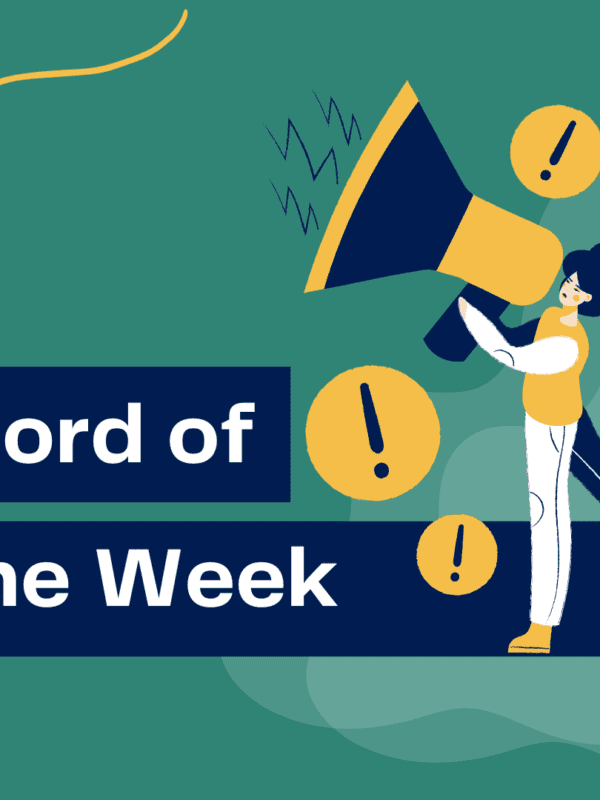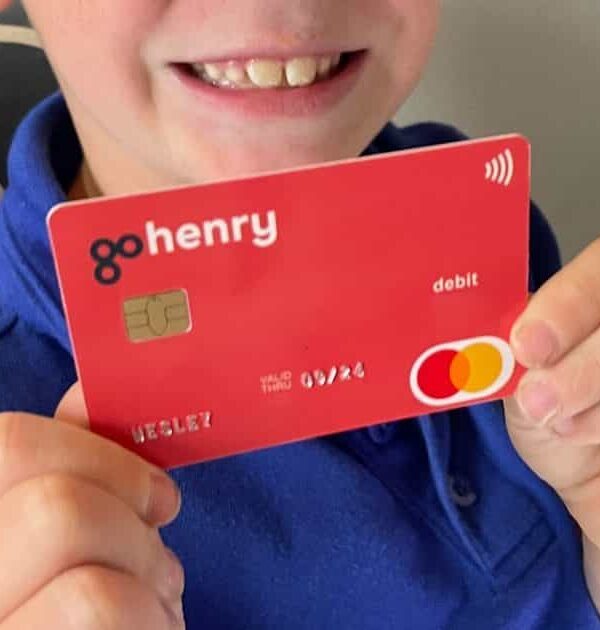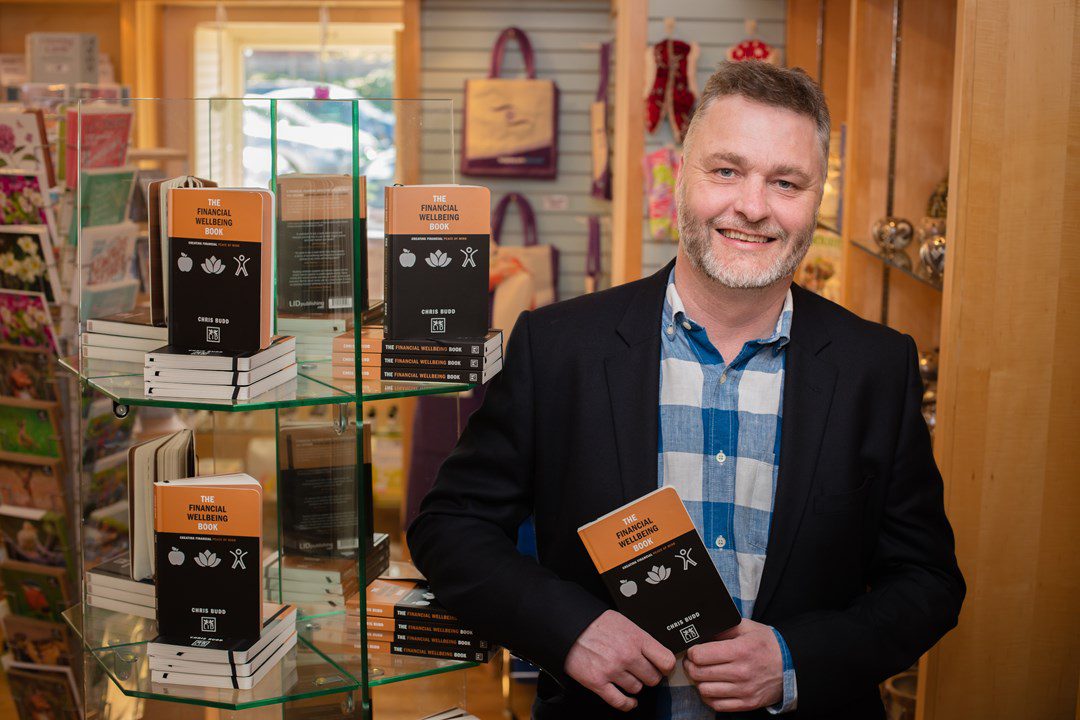Spending money is easy. Now that we can do the dibby dibby (an expression I have coined which means the touching of a debit card on a screen, and one which seems to be understood by all retailers) buying stuff has never been easier.
But are you spending money in a way that maximises your wellbeing? Here are five tips on spending money to make yourself happy (taken from The Financial Wellbeing Book).
Tip 1: Beware Retail Therapy
It’s true to say that a good buying splurge can make you feel better. However, the wellbeing you get from buying stuff is short lived. Once you’ve worn it, looked at it, read it, inserted it or listened to it the wellbeing tails off quickly. Even that wonderful painting is barely noticed after a while.
Furthermore, if your bout of retail therapy was paid for by credit then the feelings of guilt – as well as the debt itself – could linger long after the wellbeing has disappeared.
Tip 2: Spend On Experiences
The wellbeing that you get from an experience comes in the form of memories. Rather than buying stuff, spend that money on experiences, and the wellbeing will be much longer lasting.
And while you are enjoying that experience, do buy a little something. Although wellbeing from buying stuff is short lived, if that item is a totem, something that reminds you of a happy time, then it will trigger memories and wellbeing long in to the future.
Tip 3: Send Someone A Gift
Many surveys have shown that wellbeing from the quality of our social relationships dwarfs the wellbeing we get from money.
That being the case, why not buy someone an experience? I recently went with my family to Copenhagen. As well as having a wonderful time, we caught up with an old friend of mine from travelling days. Wellbeing all round!
Or why not could go online, buy your favourite book, and have it posted to a friend.
Tip 4: Oh No, He’s Not Actually Going To Suggest Life Assurance, Is He?
If you have no-one dependant on your income, ignore this and go to tip 5. You’re off the hook.
If you do have someone dependant on your income, such as children, then life assurance is virtually compulsory! You might have some cover through your employment, but what if you lose your job?
Security for those we leave behind is a key component of financial wellbeing, so file under ‘Boring But Important’ if you want, just get some life assurance!
Tip 5: Bringing The Future Closer
Another key contributor to financial wellbeing is to have a clear path to identifiable objectives. In other words, a financial plan.
Now, financial planning is actually very easy: First, work out what you want from life; then spend your money on that.
Some of those things we want might be aspirational. Reaching financial freedom (a nicer phrase than ‘retirement’), having more time to travel, perhaps paying off debt, or saving up for a special holiday.
Once you set yourself that objective, and work out a path to get there (be that a simple monthly amount or a sophisticated cashflow forecast from a qualified financial planner), you are more likely to set aside regular amounts to help bring that future nearer.
Chris Budd is managing director of financial planning firm Ovation Finance Ltd and author of The Financial Wellbeing Book, the proceeds of which go to Penny Brohn UK.











